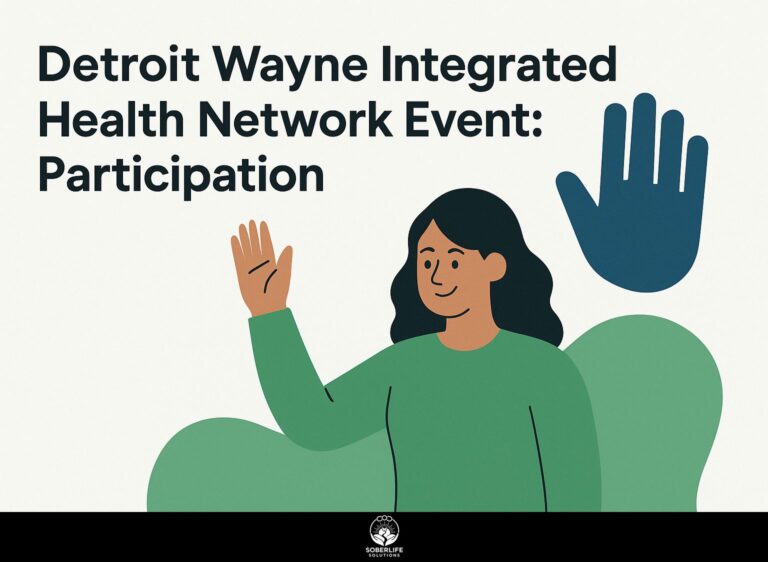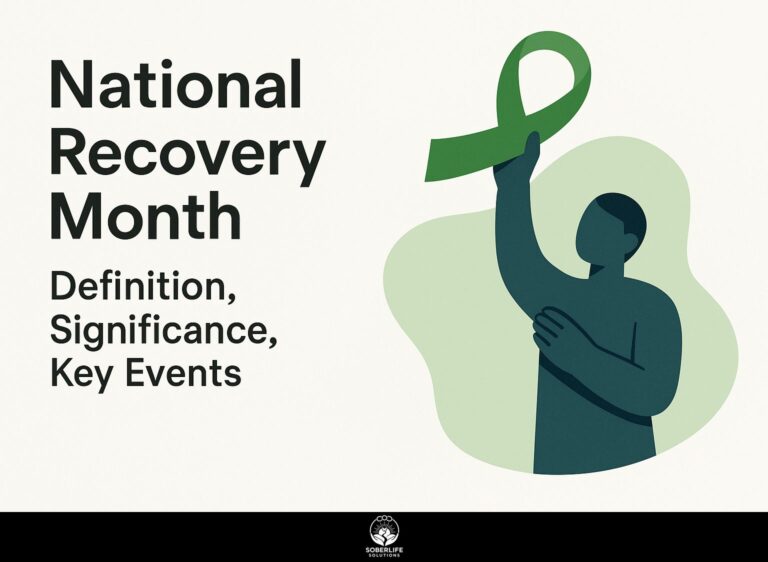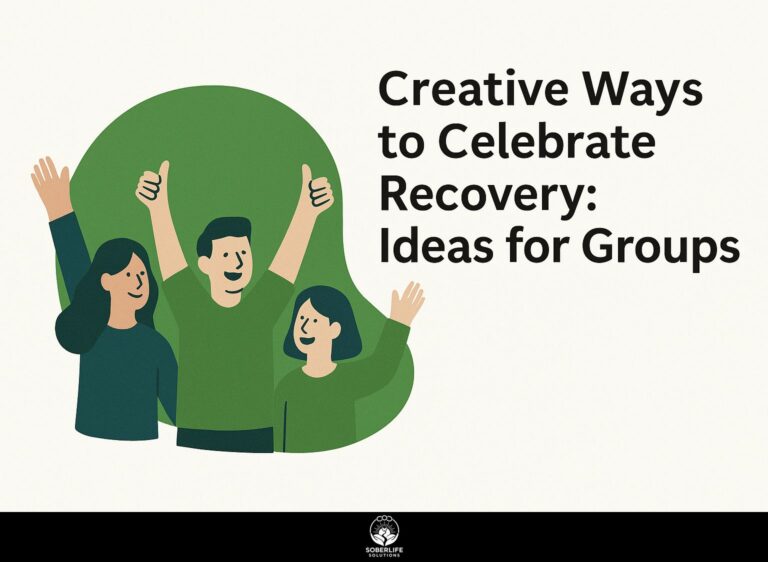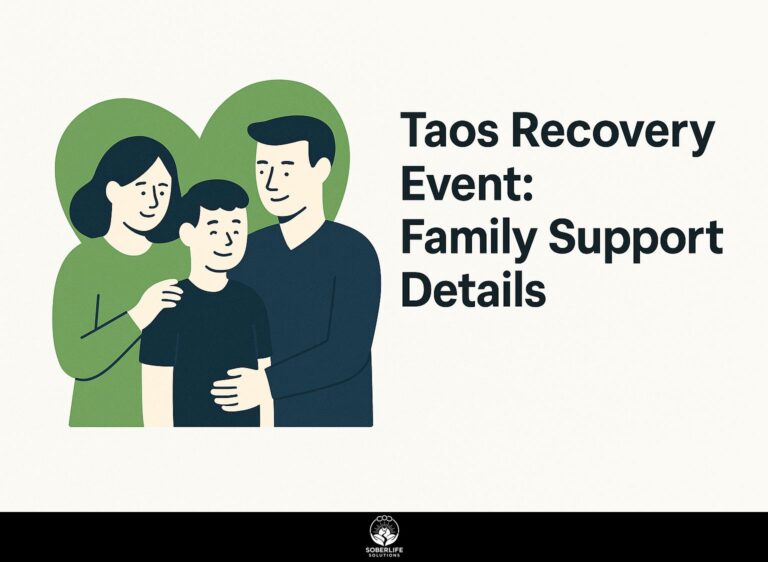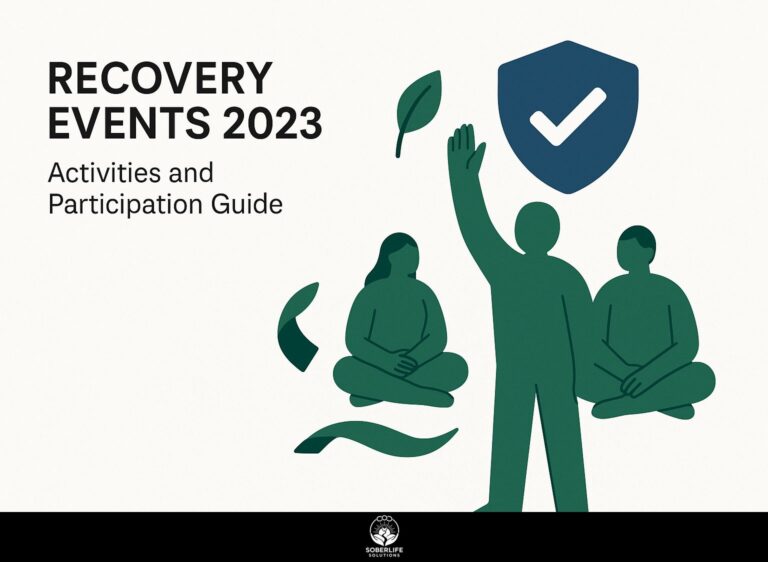Recovery Story Sharing: Importance and How to Share
Telling your story can be a strong part of recovery from addiction, especially during Mental Health Awareness Month. By sharing your experiences with depression and anxiety, you help others and raise awareness. This article discusses why sharing your story matters, how it can affect mental health, and gives useful tips for talking about your experiences. Let’s work together to create a supportive community where every story brings hope.
Key Takeaways:
- Telling recovery stories inspires people and shows that healing can happen, motivating others to start their own paths to recovery.
- By sharing experiences, individuals build community and connection, creating supportive networks that help combat isolation during recovery.
- Selecting the right platform and format to share your story is important because it affects how people connect with it and how powerful the story is for them.
The Importance of Sharing Recovery Stories
Sharing recovery stories connects people, inspires hope, and helps reduce stigma about mental health issues such as addiction and depression. This connection is supported by research from Verywell Mind, which highlights how storytelling can significantly benefit mental health by fostering empathy and understanding. In this context, the role of peer support groups can be invaluable; they not only provide a platform for sharing personal experiences but also promote community and understanding, which is explored further in our article on the role of online peer support groups.
Inspiration and Hope
Recovery stories from real individuals show that getting better is possible and important.
A strong example is a blogger who shared her experience with addiction. Her honest stories encouraged readers to ask for help and created a supportive online group.
Social media and blogging sites allow individuals to share their stories and experiences with a wide audience. This emotional bond strengthens the impact for both the person telling the story and those listening.
When people share their stories, being honest about their feelings can lead to significant healing. At the same time, readers may feel motivated to begin their own paths to recovery.
Building Community
When people tell their recovery stories, they find comfort for themselves and help build supportive communities.
For instance, the ‘Sharing Hope’ group began when a few members of an online forum began to recount their experiences with addiction recovery.
A local recovery center started holding monthly meet-ups for participants to encourage in-person connections.
They used Meetup to schedule events and Facebook to promote them.
As the group expanded, members said they felt more confident and less alone, showing how important shared stories are for building a community.
This organic growth showcases the power of storytelling in uniting individuals with shared experiences.
How to Prepare Your Recovery Story
To write your recovery story, reflect on your experiences and select key events that highlight your path. For more guidance on crafting personal narratives, you can refer to the resources provided by the San Jose State University Writing Center. Additionally, consider [journaling your sobriety journey](https://soberlifesolutions.com/journaling-your-sobriety-journey/) as a way to deepen your reflection and understanding.
Identifying Key Experiences
To tell a strong recovery story, you need to recognize and explain the important experiences that influenced your path.
Start by listing significant moments in your recovery, such as the day you sought help, a breakthrough therapy session, or milestones like completing a program.
Reflect on the emotions associated with each moment; were they feelings of fear, hope, or relief?
Once you have your list, choose 2-3 key experiences to investigate more deeply.
Think about how these moments changed your view. Revisiting them in a helpful way, like writing in a journal or talking with a close friend, can help you heal.
Choosing the Right Format
Choosing the right way to share your recovery story can make it more effective and connect better with your audience.
Each format serves distinct audience preferences.
Written stories, such as blogs and articles, allow for deep reflection and detailed accounts, engaging readers over time.
Podcasts provide a personal connection through voice, allowing listeners to engage with the content while they travel.
Video on YouTube blends images and stories to create an engaging experience that connects emotionally.
Live presentations allow people to interact in real-time, creating a strong connection.
Adjusting your message to these formats can increase how far your story travels and how well it connects with others.
Platforms for Sharing Recovery Stories
Different platforms enable people to share their recovery stories, each providing distinct benefits for connecting with others and gaining visibility. For instance, exploring the significance of peer support networks can enhance one’s recovery journey by fostering community and shared experiences.
Social Media
Social media serves as a powerful tool for sharing recovery stories, allowing for widespread reach and community engagement.
To maximize impact, use engaging visuals and relevant hashtags, such as #MentalHealthAwareness, to connect with a broader audience.
Share content multiple times a week to keep your audience interested and increase your followers.
Responding to comments helps build a community and lets your audience know their opinions are valued.
Recent studies show that social media can greatly improve awareness of mental health, increasing access to resources and support systems by five times. According to a report from the U.S. Department of Health and Human Services, social media can play a crucial role in promoting mental health awareness among youth ( Social Media and Youth Mental Health).
Support Groups
Telling your story in support groups can give you quick responses and help you connect with others who are going through similar recovery experiences.
To take part in groups like Alcoholics Anonymous or SMART Recovery, begin by writing a brief personal story about important events in your life. Start with a list of key moments to guide your writing.
- Encourage engagement by inviting others to share their experiences as well.
- For example, reflect on how a member’s story of overcoming challenges inspired you, reinforcing the power of personal storytelling.
- Highlighting collective success stories can further promote participation, demonstrating that recovery is a shared experience.
Best Practices for Sharing
Using effective methods when sharing your recovery story can increase its impact and create a supportive atmosphere.
To truly engage your audience, be honest and open. Share your challenges and the positive changes that followed. You can explain how keeping a journal has helped you manage your feelings and relate it to Joseph Campbell’s idea of the hero’s journey in your life. For additional support in expressing emotions, consider exploring strategies in our guide on how to communicate feelings for recovery.
Encourage interaction by hosting Q&A sessions where others can share their experiences, creating a sense of community.
Respect privacy by sharing sensitive information only when you have permission. This builds trust and strengthens your relationship with your audience.
Overcoming Fears and Stigmas
Overcoming fears related to sharing recovery stories involves confronting societal stigma and personal shame surrounding mental health conditions.
One powerful way to combat these fears is through education. For instance, hosting workshops or informal discussions in your community can help dispel myths about mental health.
Talking about personal experiences in safe spaces, such as support groups, builds connections and makes people feel understood. For instance, a woman who spoke about her depression at a local event inspired others to share their stories, leading to a helpful conversation.
Building a group of friends who value honesty can greatly improve your confidence in sharing your experiences.
Frequently Asked Questions
What is Recovery Story Sharing: Importance and How to Share?
Recovery Story Sharing is when people share their personal experiences of overcoming issues like addiction, mental health struggles, or trauma. This practice is helpful because it can encourage others, build a sense of belonging, and allow people to connect. Sharing these stories can show those facing similar challenges that recovery is possible. To share your story effectively, you can use support groups, social media, or personal blogs.
Why is Recovery Story Sharing important for individuals in recovery?
Telling recovery stories is valuable for those recovering because it helps change negative opinions about mental health and addiction. When people share their experiences, they help others understand, show compassion, and motivate individuals to seek support. It also acts as a way to heal, allowing the storyteller to think about their path while providing comfort to others who may feel alone in their challenges.
How can I effectively share my Recovery Story?
When sharing your Recovery Story, be honest and open. Start by describing the main events of your journey, including the challenges you faced, key moments, and the help you received. You can share your story in different ways, like writing articles, making videos, or talking to groups. Be sure to adjust your message for your audience so it connects with them and sparks conversations about recovery.
What platforms are best for Recovery Story Sharing?
There are many places where you can share your recovery story, such as online forums, social media groups, and specific recovery websites. Local community centers and support groups also offer chances for face-to-face sharing. Writing a personal blog or contributing to publications focused on recovery can help you reach more people. Pick a platform that fits your comfort level and the message you want to share.
Who can benefit from listening to Recovery Stories?
Many people can gain from hearing Recovery Stories. This includes those facing similar challenges, healthcare workers, and family and friends of people in recovery. These stories can offer hope, encourage support, and build a sense of community. They can also help educate those who may not know about the difficulties of addiction or mental health issues.
Can sharing my Recovery Story impact my own healing process?
Sharing your recovery story can really help you heal. It gives you a chance to think about your journey and recognize what you’ve been through. By talking about your struggles and achievements, you may discover new thoughts and views on your recovery. Also, sharing can help you connect with others, strengthening your sense of community and support during your recovery.

